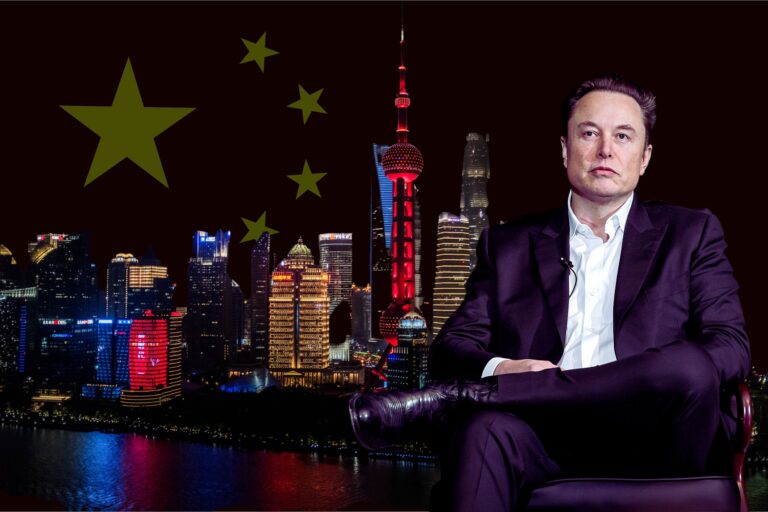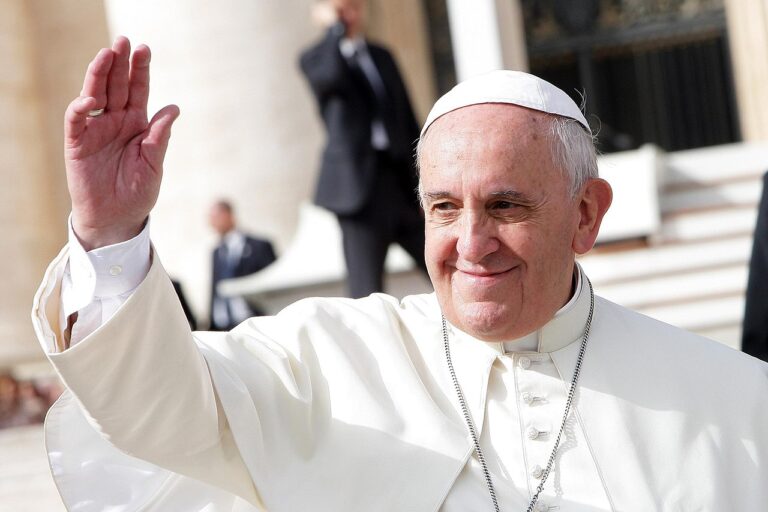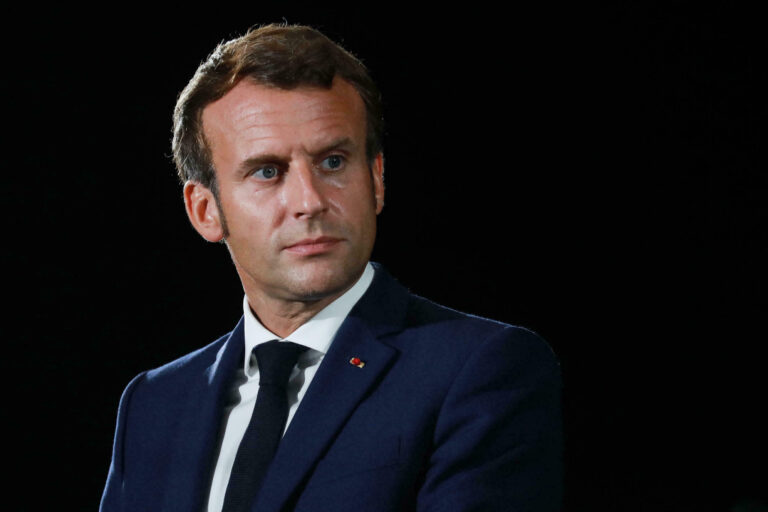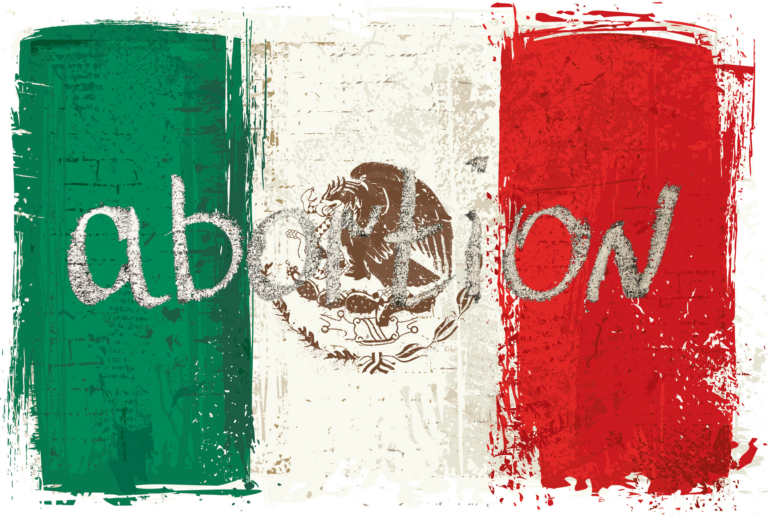November 21, 2000
Volume 2/ Number 21
Dear Colleague:
How should we deal with an increasingly belligerent China? This is the single most important foreign policy question that will confront the new U.S. president. Human rights must be the centerpiece of the next administration’s China policy. As long as Beijing mistreats its own citizens, there is no cause for hope that it will treat its neighbors any better.
Steven W. Mosher
President
Amend U.S. China Policy
The People’s Republic of China has what is arguably the worst human rights record in the world. It denies its citizens universally accepted political rights—to freedom of speech, press, and assembly. It oppresses minorities—the Mongols to the north, the Uyghurs to the west and the Tibetans to the south—by brutal force. It withholds even the most basic of freedoms, such as the freedom to have the number of children of one’s choice, or the freedom to worship God as you choose.
Reprehensible behavior at home has been matched by equally egregious behavior abroad. Arms sales to unstable terrorist regimes, missile strikes on Taiwan’s offshore waters, and a massive espionage effort directed at the United States are just a few examples of China’s irresponsible and anti-American behavior.
There is an urgent need to amend U.S. China policy. We must, as a people, no longer turn a blind eye and a deaf ear to the cries of China’s oppressed Christians and minorities. We must no longer remain silent in the face of the largest military build-up of the 21st century. The steady stream of American high technology and military secrets that has been flowing to Beijing over the past eight years must stop.
On November 29 and 30, Population Research Institute and Family Research Council will host a conference on human rights in China to recommend a new policy for the new administration.
The conference will feature leading spokesmen for the cause of human rights, liberty, and democracy in China, including:
– Wei Jingsheng: Mr. Wei, who spent 18 years in prison for promoting democracy in China, is perhaps the most renowned leader of the dissident movement. His classic essay entitled “The Fifth Modernization,” published in 1979, stated that without democracy, China would not truly be able to modernize.
– Han Dong-fang: Mr. Han organized a workers union on Tiananmen Square during the student demonstrations a decade ago. Following the massacre, he was arrested and sent to prison. There he was deliberately exposed to tuberculosis, and was released by the authorities after two years only because they were certain that he would die. Emergency medical treatment in the United States saved his life. He continues to fight for the rights of workers from Hong Kong.
– Liu Qing: Mr. Liu, who organized a protest after Wei Jingsheng’s conviction, is another father of China’s democracy movement. Mr. Liu spent ten years in prison, where he was frequently tortured and beaten, for promoting democracy in China and for exposing the abuses of the current regime.
– Lian Shengde: Mr. Lian spent nearly two years in prison following Tiananmen Square for promoting certain modest reforms in government policy toward students and their rights. He is currently serving as executive director and spokesperson for the Free China Movement, headquartered in Washington, DC. Because of his activities abroad, Lian’s parents in China are harassed and persecuted, a burden he carries with him always.
Our conference will also include representatives of the persecuted Buddhist sect, Falun Gong, the Uyghur and Tibetan nationalities, plus leading experts from Amnesty International, the Hudson Institute, Ethics and Public Policy Institute, and the Center for Religious Freedom. A press conference, to be held at 11:00 a.m. on the 30th , will provide an opportunity for PRI and FRC to jointly announce a new China policy.
The conference is entitled, Human Rights in China: A New US Policy for the Next Administration. It will be held at the Family Research Council Building at 801 G Street NW, Washington DC, from 9:00 until 5:00, on November 29 and 30. Registration is $100 and includes lunch each day. The conference is free to students and Congressional Staffers but we would appreciate an RSVP.
I hope that many of you reading this e-mail will be able to attend, or will forward this e-mail to those who might be interested in doing so.










